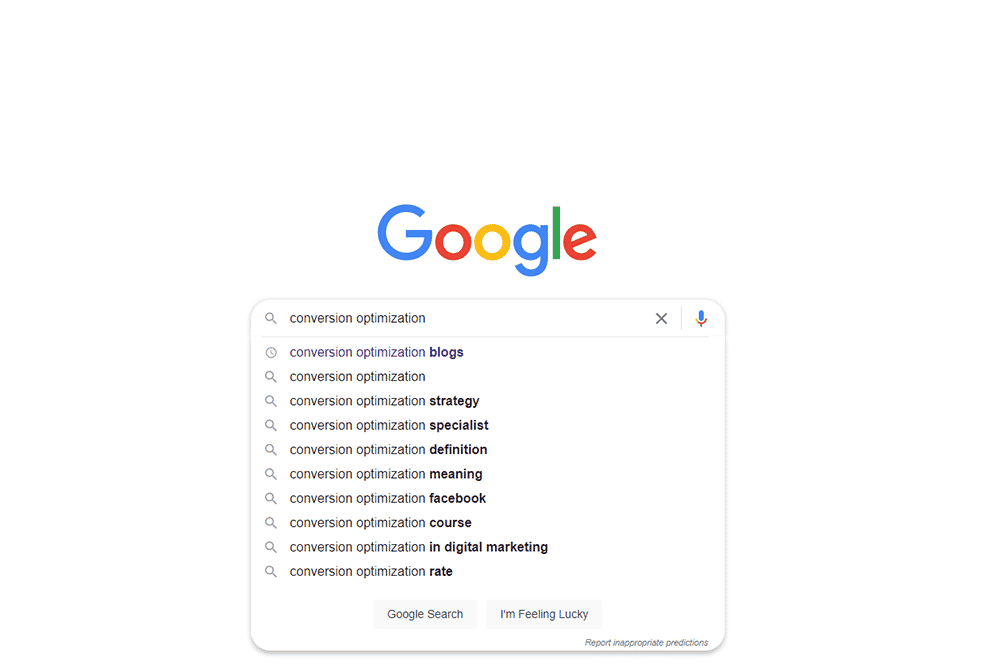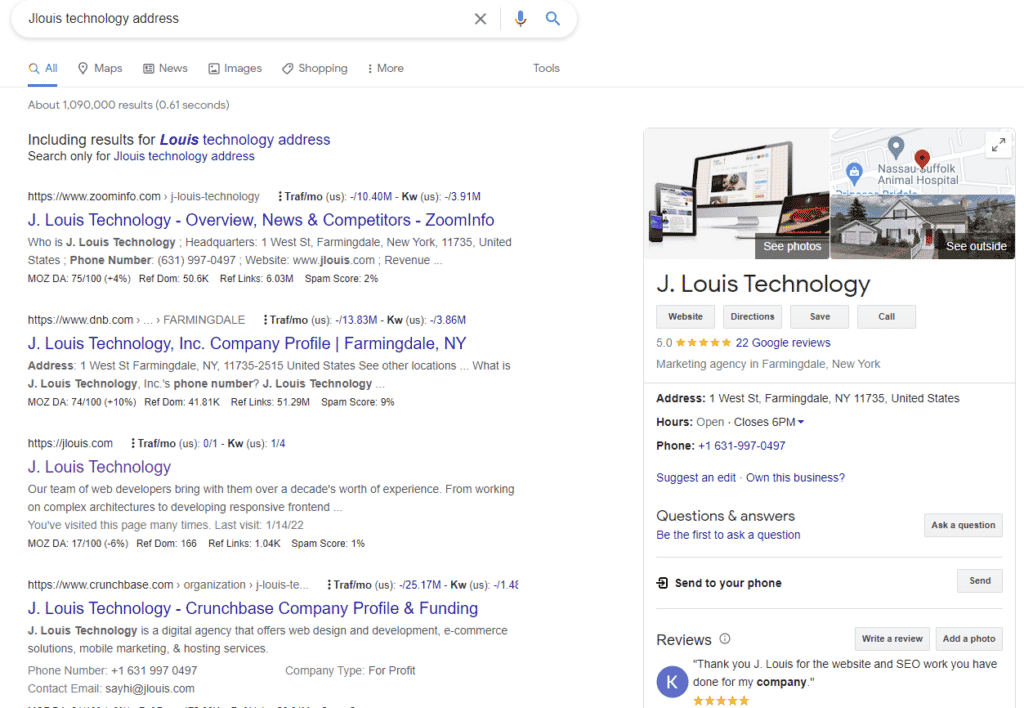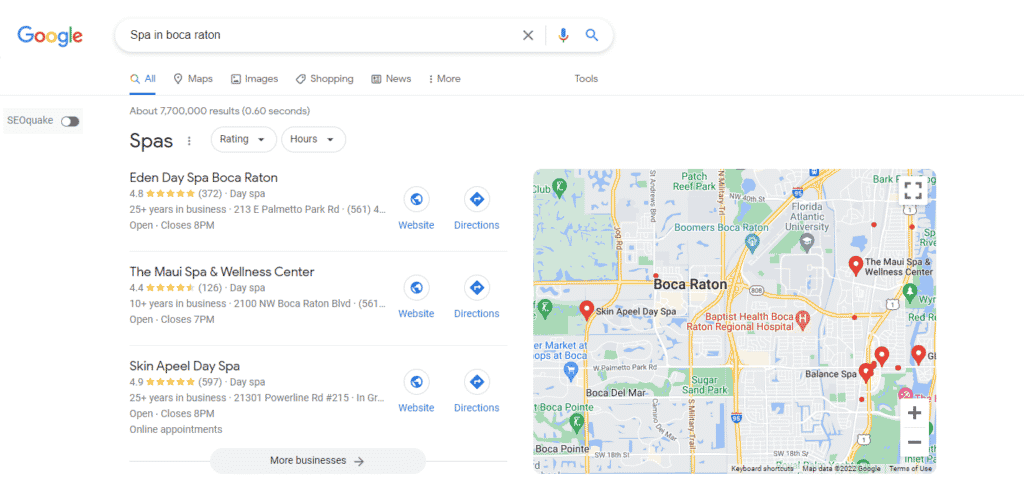Understanding Search Intent to Rank Better

Did you know that the majority of people who search on Google don’t click past the first page of results? In order to rank better in SERPs (search engine result pages), it’s important to understand what searchers are looking for so you can give them the information they need.
What is Search Intent?
When you are creating content, it is essential to understand what the user’s search intent is. This will help you create content that is effective and provides the information that the user is looking for.
Search intent is the reason why someone is performing a search query in a search engine. It’s the purpose behind the query and understanding it is the key to delivering a good user experience. When you understand what someone is searching for, you can better provide them with the information they need.
What are the different types of search intent to rank better?
There are four main types of search intent to rank better: navigational, informational, transactional, and commercial. Understanding search intent can help you craft content that better meets the needs of your audience. Let’s take a look at each one in more detail.
Navigational search intent is when someone is looking for a specific website or web page. For example, if someone searches for “Facebook,” they are probably looking to go to the Facebook website.
Here’s another example of navigational search intent looking for the location. For this specific search phrase, always make sure that your local listings and every info that your target market can find are all accurate and updated.

Informational intent is when a person is looking for general information about a topic. Sometimes this information is product-related, but other times the user might not even be aware of what they want yet. They might just be curious about something and doing some research before they decide to buy anything.
Informational searches make up the majority of all search queries, so it’s important for any business to cater to them. That means making sure your website has high-quality content that covers a wide range of topics related to your business. You should also use keyword research to identify the right terms and phrases to target with your content. When you do that, you’ll be able to attract more visitors who are interested in learning more about your offers.
Generally speaking, people who conduct informational search are looking for specific answers or solutions to their questions. As such, they’re often less swayed by marketing and advertising than those with commercial search intent.
That said, there are certainly exceptions to this rule – and savvy marketers can sometimes still capitalize on informational queries by providing genuinely valuable content that meets the needs of their audience.
Examples of informational searches:
“What is Conversion Rate Optimization?”
“What is the Difference Between Website Conversion and Traffic?“
“SEO”
“What Is A Shallow Reef Tank?”
Transactional search intent is when a user is looking to complete a purchase or transaction. This could be something like buying a product, booking a hotel room, or making a restaurant reservation. Generally, if someone is searching with transactional intent, they are ready to buy and just need to find the right place to do so.

User behavior can give clues as to whether or not they have transactional intent. For example, searchers who click on lots of listings and visit multiple websites before finally making a purchase may have been comparison shopping. On the other hand, users who go straight from their initial Google search to completing a purchase likely had transactional intent from the start.
If you’re running a business that conducts transactions online, then it’s important to make sure your website is optimized for users with transactional intent. That means having a clear and easy-to-use purchase process, as well as providing plenty of information about your products or services. You should also use relevant keywords throughout your website so that users can easily find what they’re looking for.
Commercial Investigation is when the user is looking for a specific product or service but has yet to make a final decision on which solution is right for them. They may be looking at different options, comparing prices, or reading reviews before making a purchase.
Examples of commercial investigation searches:
“Affordable laptop”
“Top Cafe in Farmingdale”
“iPhone 13 vs Samsung s21”
Importance of Search Intent For Your Business
Search intent is one of the most important ranking factors for business websites. It essentially refers to why someone is searching for something on the internet, and understanding this can be key to providing relevant content that ranks well in search engines.
People may be looking to buy something, research a topic, find a particular piece of information, or just kill some time with a fun diversion. Businesses need to understand what kind of searches their potential customers are carrying out in order to optimize their website contents and strategies accordingly.
If you’re not catering to the right search intent, then you’re likely to see a high bounce rate on your website – people coming to your site and quickly leaving because they didn’t find what they were looking for. This can hurt your ranking in search engines, as Google algorithm takes bounce rate into account when determining where to rank websites.
In order to rank well, it’s important to understand search intent and create content that meets the needs of your target audience. If you can do this, you’ll be well on your way to achieving success with your online marketing efforts.
Final Thought
Understanding how people search is important for businesses trying to rank better. By catering to their needs and providing the most relevant and useful content, you can improve your website’s visibility and drive more traffic your way.
Each type of search has a different goal that the searcher is hoping to achieve. Understanding the difference between these types of searches will help you rank better on Google results pages.









